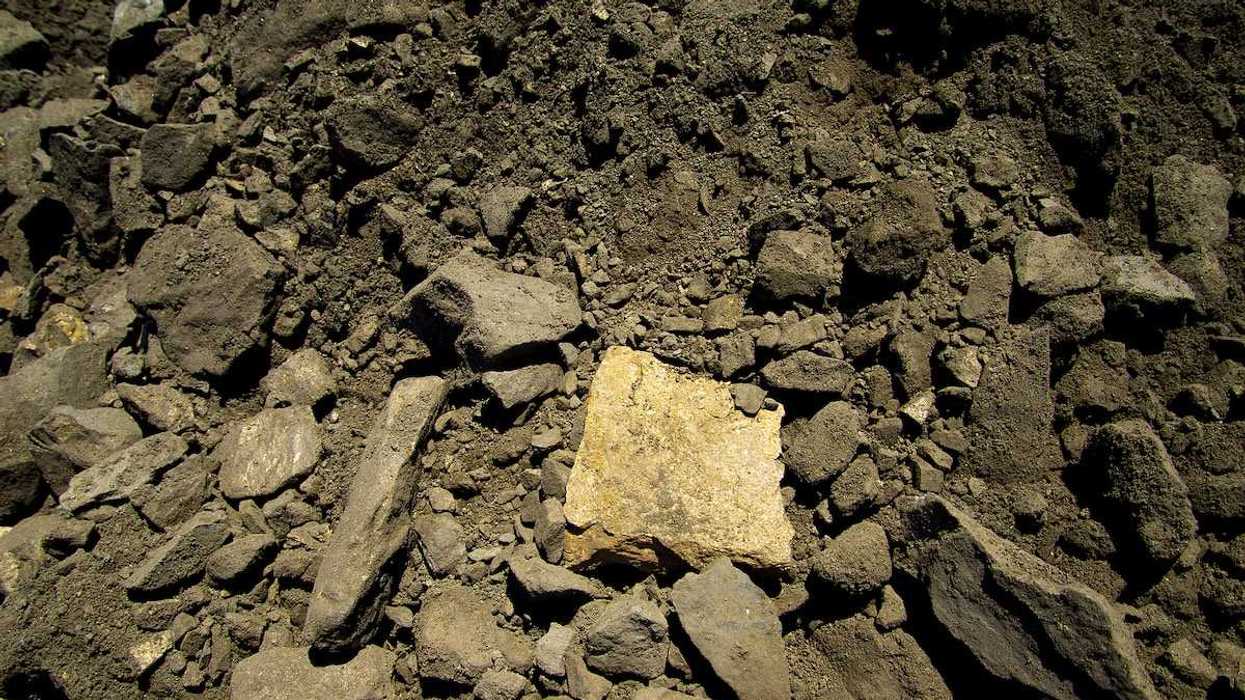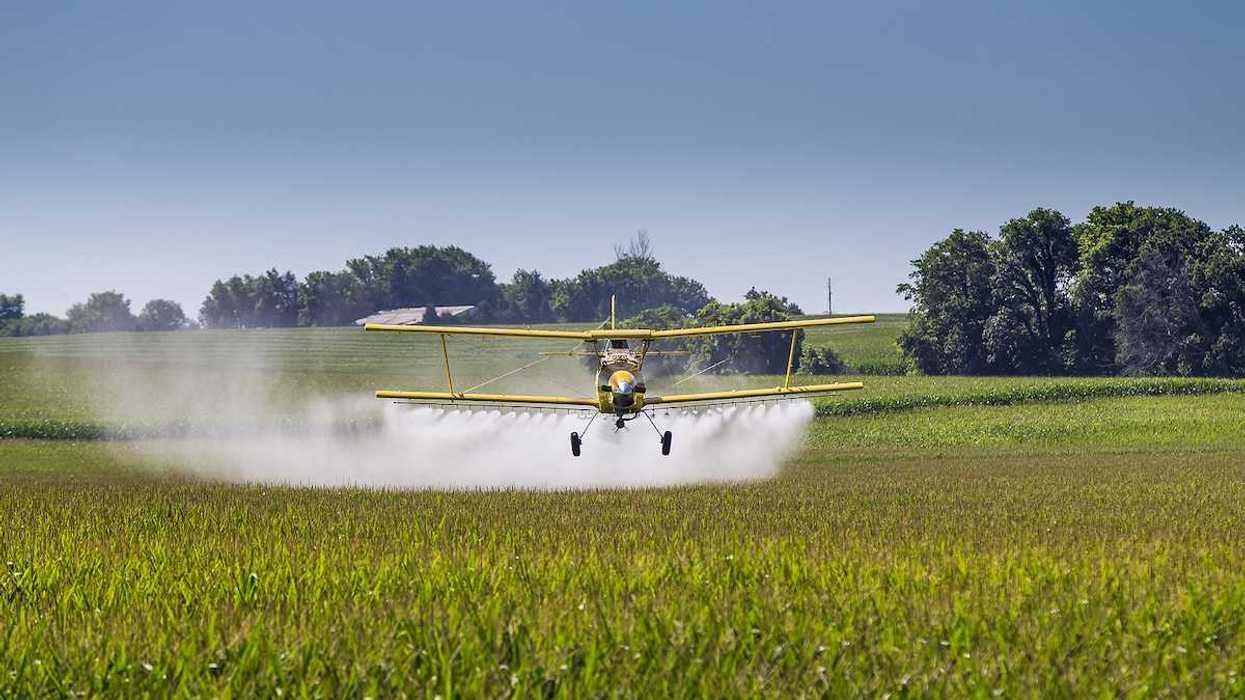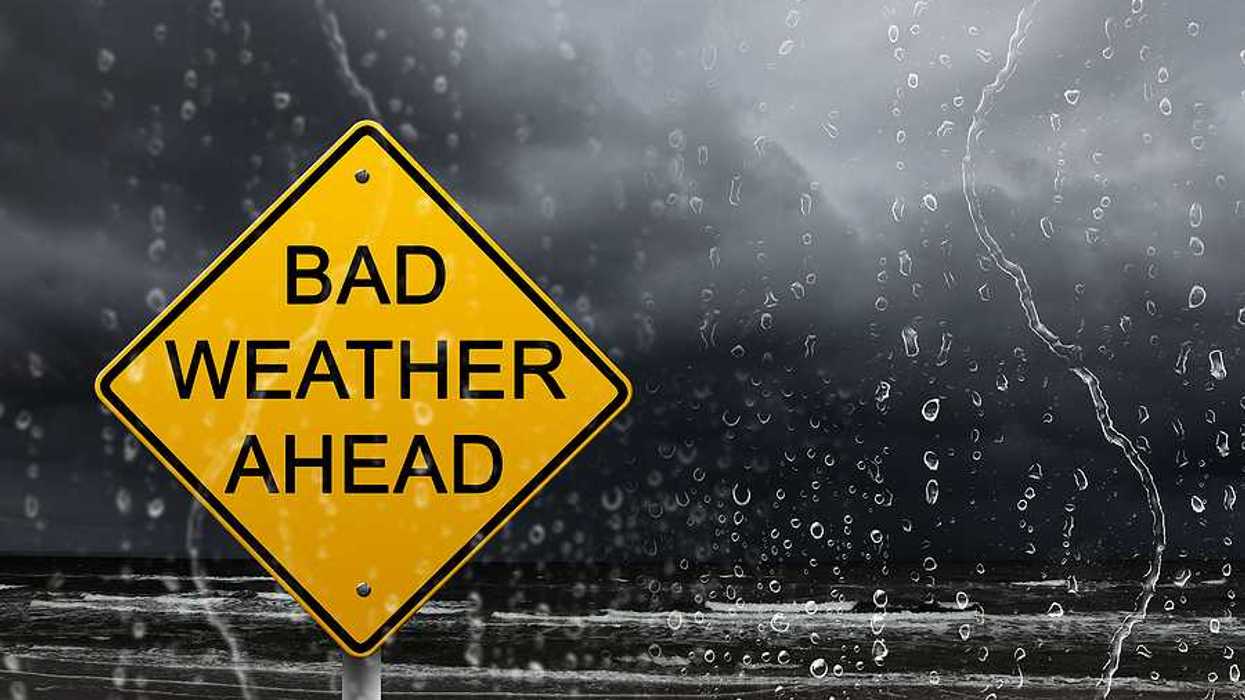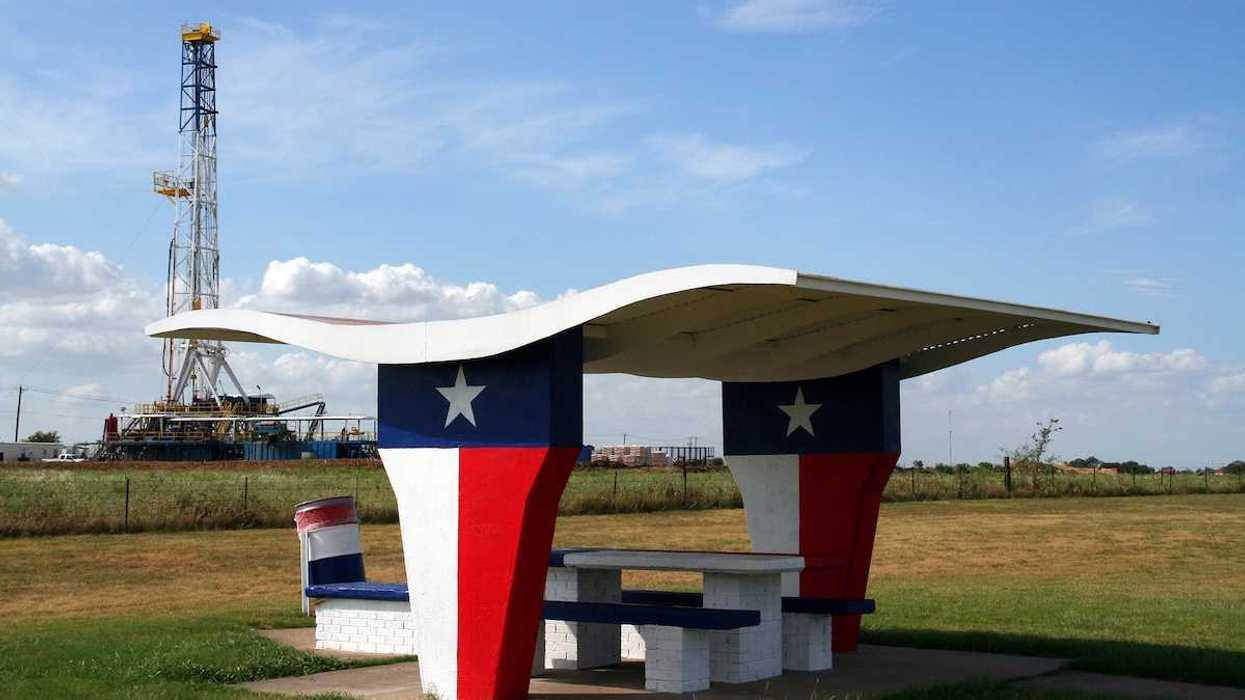As extreme heat leads to increasing workplace fatalities, the Biden administration is pushing for new safety regulations, though facing substantial opposition.
Coral Davenport and Noah Weiland report for The New York Times.
In short:
- The Occupational Safety and Health Administration (OSHA) is preparing to propose a new rule to protect workers from extreme heat, covering around 50 million people.
- Last year recorded the highest number of heat-related deaths in the U.S., with 2,300 fatalities, and emergency room visits for heat illnesses surged.
- Business groups are resisting the proposed regulations, citing the complexity and costs of implementation.
Key quote:
"The threat to people from extreme heat is reaching a point where we have to rethink how, at all levels of government, we are preparing and putting in place a response that matches the severity of the problem."
— Dr. John M. Balbus, deputy assistant secretary for climate change and health equity in the Health and Human Services Department
Why this matters:
The sweltering summer heat is not just an inconvenience; it's becoming a deadly force in American workplaces. Recent data points to a disturbing rise in heat-related fatalities among workers, particularly those in outdoor industries like construction and agriculture. However, the push for new safety protocols is encountering significant resistance from various quarters. Some industry groups argue that the regulations would impose undue financial burdens on businesses, particularly small enterprises already grappling with post-pandemic economic recovery.














